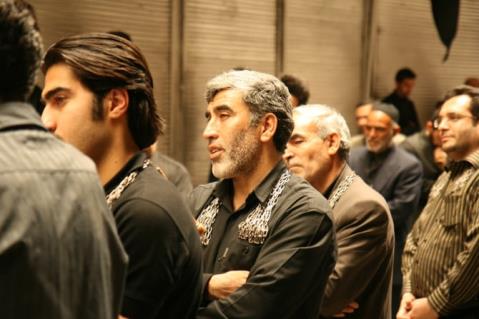
A steady movement of Iranian refugees into the United Kingdom is finding support from church groups and in many cases converting from Islam to Christianity, reports the Christian Century (July 1, 2020). The Iranian asylum speakers are usually processed in the south of England and then settle in such northern cities as Liverpool and Sunderland, where they find their way to churches and their outreach and social service programs. Although a total of Iranian asylum-seekers is not provided in the article, the Migration Observatory at Oxford University reported that the are the largest source of claimants of all refugees, numbering over 3,000 applicants in 2018. Most of the asylum-seekers are moving because of the corruption and political oppression in Iran. The Iranians, mostly Shiite Muslim when they arrive in the U.K., find little welcome among predominant Sunni Muslims, and resonate with Christianity and its teaching on end-times and are open to dreams as conveying spiritual messages like many Christians throughout the world.
 Clergy report that younger Iranians are especially interested in Christianity with no memory of the Islamic revolution but feel disenchanted with life in Iran. Yet these young people are used to theology being debated in Iran and show a biblical and theological literacy and interest that stands in stark contrast to secularized and indifferent British youth, writes Jason Byasse. The Church of England, like other mainline churches, is ambivalent about celebrating conversions from Islam and do not have a national office for outreach to Muslims. Another issue is trying to weed out insincere conversion among asylum seekers who may be seeking to find favor with immigration officials. For that reason, churches have placed greater demands on these immigrants, such as not allowing baptism until the asylum seeker attends all the sessions of an introduction to the faith, such as Alpha. Along with the Shiite practice of discerning dreams for spiritual meaning, other traditions that Iranian converts have brought into the churches includes the communion practice of serving consecrated bread and wine as part of the meal the church serves.
Clergy report that younger Iranians are especially interested in Christianity with no memory of the Islamic revolution but feel disenchanted with life in Iran. Yet these young people are used to theology being debated in Iran and show a biblical and theological literacy and interest that stands in stark contrast to secularized and indifferent British youth, writes Jason Byasse. The Church of England, like other mainline churches, is ambivalent about celebrating conversions from Islam and do not have a national office for outreach to Muslims. Another issue is trying to weed out insincere conversion among asylum seekers who may be seeking to find favor with immigration officials. For that reason, churches have placed greater demands on these immigrants, such as not allowing baptism until the asylum seeker attends all the sessions of an introduction to the faith, such as Alpha. Along with the Shiite practice of discerning dreams for spiritual meaning, other traditions that Iranian converts have brought into the churches includes the communion practice of serving consecrated bread and wine as part of the meal the church serves.
(Christian Century, https://www.christiancentury.org)